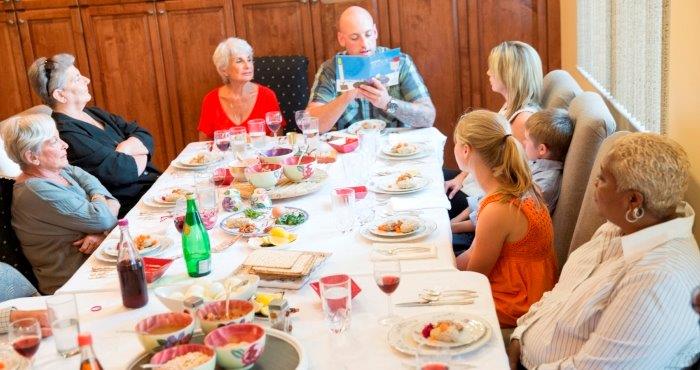
“The Jewish holidays are not random moments scattered over the year,” says Rabbi Michael Strassfeld, “but purposeful occurrences that draw their power from multiple sources—the natural world and its seasons, myth, religious traditions, folk customs, and decisive historical events in the life of our people” (The Jewish Holidays: A Guide and Commentary). Jewish holidays allow us to celebrate, grieve, play, and sing together as a people. They are full of opportunities to connect with our traditions, our souls and each other. Some of our oldest festivals, such as Passover (Pesakh) and Sukkot, have been enhanced by new rituals and feminist voices. Newer holidays, such as Israeli Independence Day (Yom Ha’Atzmaut) and Holocaust Remembrance Day (Yom Hashoah), are enriched by echoes from our deepest past. Contemporary secular holidays, such as Thanksgiving, offer additional times for reflection, gratitude, and tikkun olam with family and community.
Subscribe for the latest rituals, online learning opportunities, and unique Judaica finds from our store.